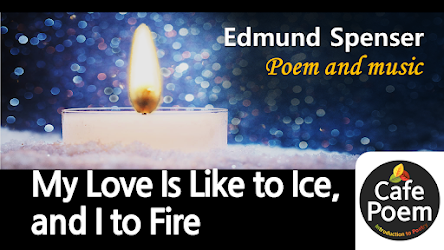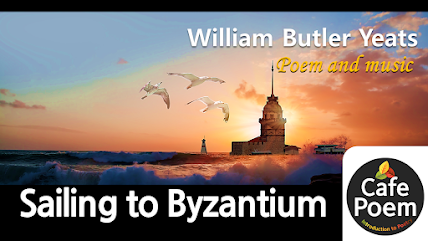What is Pink (Color)
What is pink? a rose is pink
By a fountain's brink.
What is red? a poppy's red
In its barley bed.
What is blue? the sky is blue
Where the clouds float thro'.
What is white? a swan is white
Sailing in the light.
What is yellow? pears are yellow,
Rich and ripe and mellow.
What is green? the grass is green,
With small flowers between.
What is violet? clouds are violet
In the summer twilight.
What is orange? Why, an orange,
Just an orange!
Enjoy the poem with beautiful music.
poem video👇
Who wrote the poem "What is Pink (Color)"?
Christina Rossetti (December 5, 1830 ~ December 29, 1894)
Christina Rossetti was an English poet who was lauded as one of the foremost female poets of the 19th-century Victorian era. She wrote romantic, devotional, and children's poems, marked by symbolism and intense feeling. Her literary status was often compared to that of Elizabeth Barren Browning, and upon Browning's death in 1861, Rossetti was hailed as Browning's rightful successor. She opposed slavery, cruelty to animals, and the exploitation of girls in under-age prostitution. Rossetti suffered from Graves' disease in the later decades of her life. In 1893, she was diagnosed of breast cancer and died of a recurrence in 1894.
"What is Pink (Color)" explanation
In the poem, the speaker describes different colors, alluding to the similarities between them and positive and beautiful aspects related to various things representing those colors. The only exception to this is “orange,” about which the speaker doesn’t show any effort to find any positivity or beauty. The poet is perhaps suggesting that we should look deeper to really find and appreciate the true value and beauty of things surrounding us.







